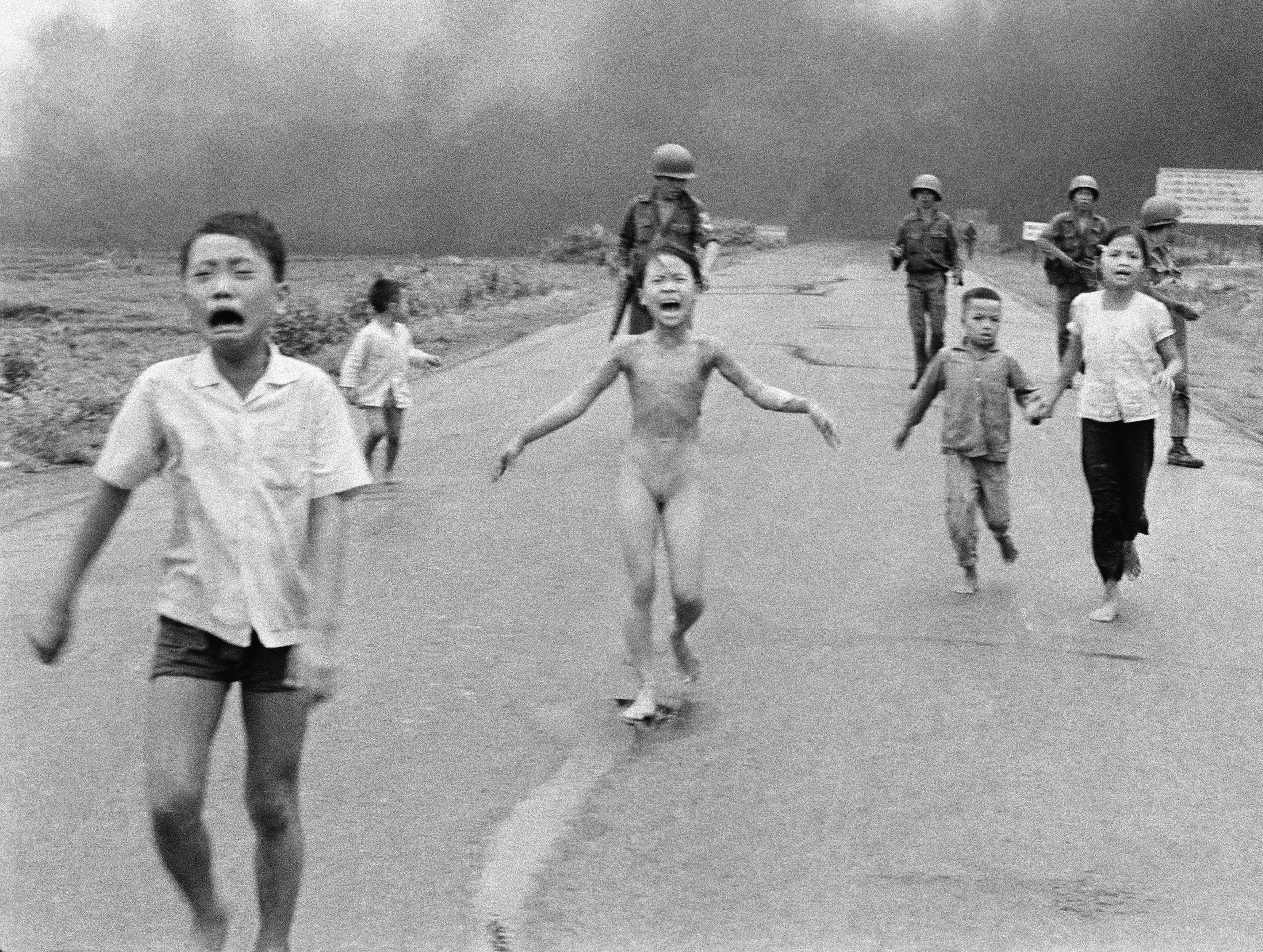Banning of iconic image that helped turn American public opinion against Vietnam War in 1970s raises serious questions about Facebook's status as the news gatekeeper of the digital age.
This statement was originally published on rsf.org on 9 September 2016.
Reporters Without Borders (RSF) regards Facebook’s censorship of an iconic Vietnam War photo in recent days as a grave violation of freedom of information. Taken by Associated Press photograph Nick Ut Cong Huynh in 1972, it shows a naked Vietnamese girl fleeing from a napalm attack.
“In this case, the rules that Facebook imposes on its users have clearly contravened freedom of information” RSF secretary-general Christophe Deloire said.
“The ‘decency’ rules used by this social network are so restrictive that they trample on the freedom to inform. We call on Facebook to add respect for the journalistic values of photos to these rules, and to ensure that their rules are never more severe than national legislations.”
Deloire added: “By removing Nick Ut Cong Huynh’s photo, Facebook has censored a photo of unquestionable journalistic value, one that had a major impact on the history of Vietnam and the United States.”
In the past few days, Facebook has either deleted the photo from the Facebook pages of several Norwegian users or suspended their accounts on the grounds that it violates its rules on nudity.
The leading Norwegian evening newspaper Aftenposten printed the photo on its front page this afternoon along with a two-page letter to Facebook founder Mark Zuckerberg.
“I write you this letter because I’m concerned by the fact that the biggest media in the world is limiting freedoms instead of trying to broaden them, and because this is happening in a sometimes authoritarian fashion,” editor Espen Egil wrote.
A few days ago, Facebook sent an injunction to Aftenposten ordering it to remove the photo from its page on the social network. But the photo was deleted before the newspaper could respond.
Norwegian Prime Minister Erna Solberg posted the photo on her own Facebook page today in a gesture of support. After the photo was also deleted from her page, she posted the message: “I want my children and other children to grow up in a society where history is taught as it was. Where they can learn from historical events and mistakes.”
Facebook said: “We remove photographs of people displaying genitals or focusing in on fully exposed buttocks.”



